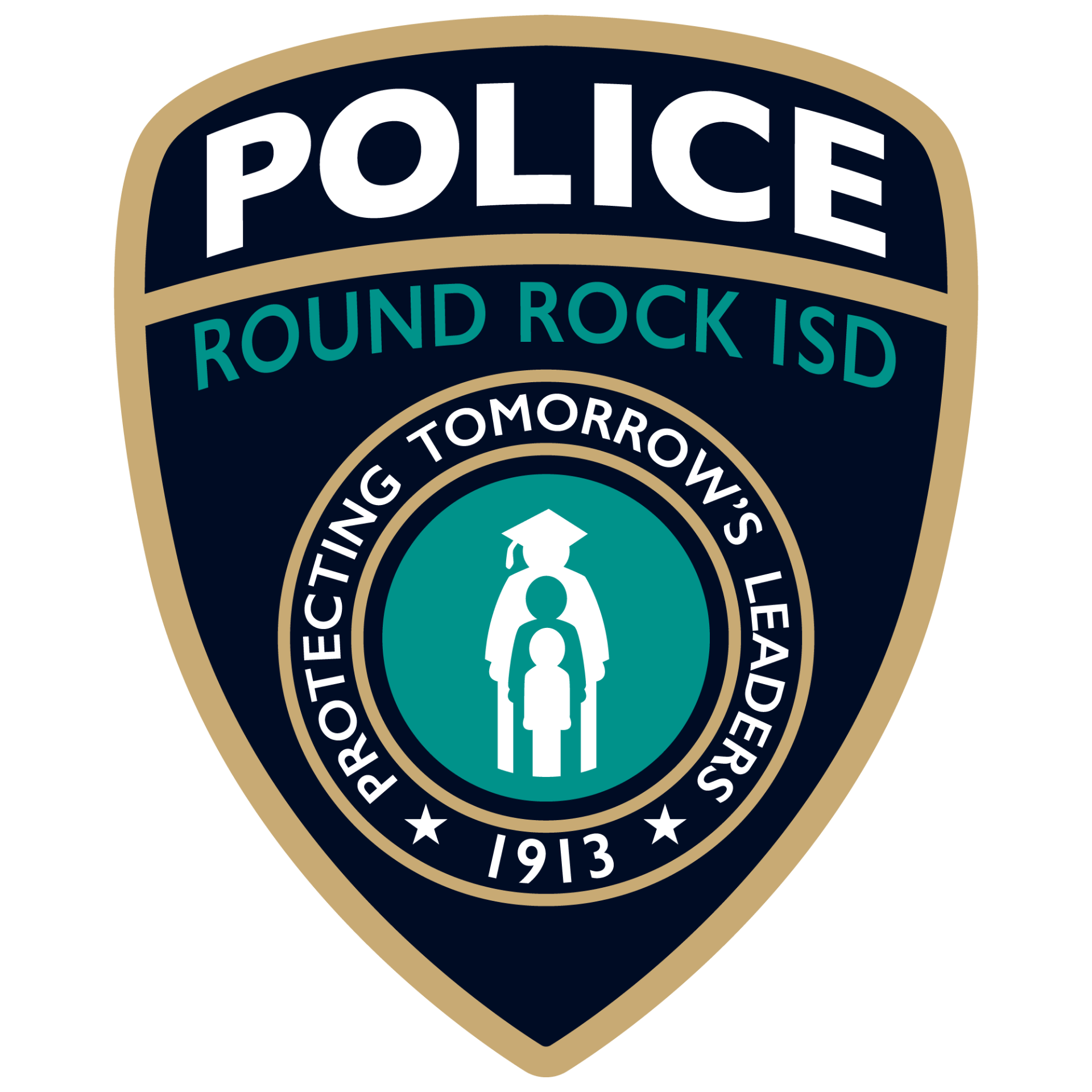
Protecting Tomorrow’s Leaders
Our certified Texas Peace Officers serve the students, staff, and Round Rock ISD community at 55 campuses, and 14 special facilities within the 110-square mile District boundaries.
We follow a four-pillar approach to school policing, focusing on:
Pillar 1: Safety and Security
The purpose of school policing is to maintain a safe learning environment. This includes the following:
- Maintaining safety and security
- Deterring crime
- Being visible and ready to respond
- Responding to criminal activity
- Mitigating threats
It also means being a role model, a mentor, helping students when they need it and being involved in the school community. We believe the best way to support safety and security is to have on-site officers in the schools, whether it’s through a district-specific police department like ours, or by having on-site school resource officers who are assigned by the local police department.
There are a few reasons on-site officers are preferred. Although all police officers learn health and safety codes, traffic codes, etc., if they don’t work regularly in a school they may learn very little about juvenile law or may not have the training on how to handle some of the situations that often come up in schools. They may also miss valuable opportunities to provide intervention that diverts students from the juvenile justice system. Having on-site officers who are visible and have daily interactions with students will result in better outcomes for your schools, students, and community.
Pillar 2: Behavioral Health
A well-rounded approach to school safety must also include supporting student wellbeing. Our district has a Department of Behavioral Health Services that employs 11 Social Workers who are licensed mental health professionals. The Director of Behavioral Health Services reports to the Assistant Superintendent of Student Support Services. Master’s level Behavioral Health Social Workers provide mental health crisis support for officers when requested, and maintain positive working relationships with officers at the campus level.
Pillar 3: Equity
When we say equity, we mean being able to identify the individual needs of each student and finding ways to support them. For example, if a student needs more behavioral health support, or if they need to discuss something going on at home, or if they’re concerned about their future, we want to make sure we understand their issues and can find ways to help. Having on-site officers helps with this because our officers get to know the students well. We also keep track of how many students we divert from the criminal justice system and what those demographics are. We have targeted professional development around equity for our officers. All new police department employees are required to take an equity class. Our department has hosted open discussions with the community about current events.
Pillar 4: Student Advocacy
We make sure every officer is an advocate for our students. Our goal is to keep them out of the criminal justice system and give them opportunities to succeed. For example, having vaping devices is a felony in Texas for those under age 21 and an arrest for vaping can stay with them through life. We had a case study where a man had multiple arrests as a student and then later in life couldn’t get a job because of that record. He said “I wonder what I could have become if someone had intervened.” We have an amazing opportunity to advocate for our kids. If they are vaping because they’re addicted, or because they’re self-medicating to cope with things happening at home, let’s figure out how to help them. We try to advocate for them so it doesn’t haunt them for the rest of their lives.
Feedback Forms
Not for use to report an emergency or an official complaint, §614.023.
Feedback form - English
Formulario de Comentarios Sobre el Servicio de la
EMERGENCY CONTACT
For emergencies, DIAL 911
Non-Emergencies
For non emergencies, please contact the Williamson County Communications Department at 512-864-8355.
1311 Round Rock Avenue
Round Rock, Texas 78681
512-864-8282
email Police Department
Hours: M-F 8 a.m. - 4 p.m.
Request District Police
Request security for your campus or department. Internal use only.

